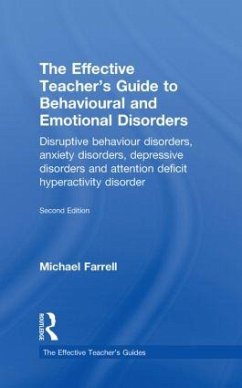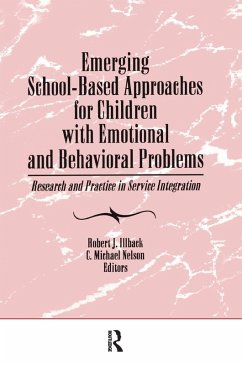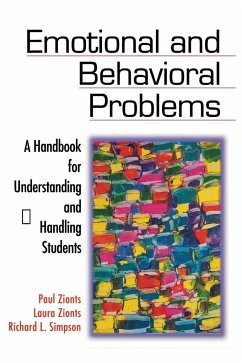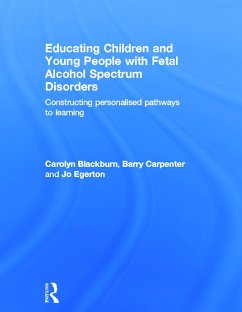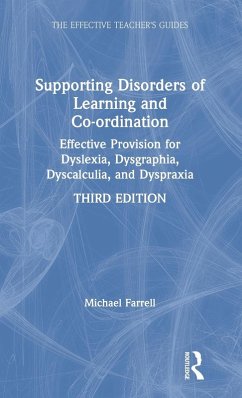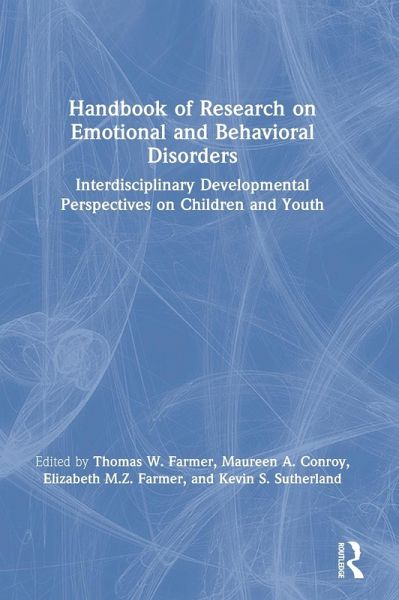
Handbook of Research on Emotional and Behavioral Disorders
Interdisciplinary Developmental Perspectives on Children and Youth
Herausgeber: Farmer, Thomas W.; Farmer, Elizabeth M. Z.; Conroy, Maureen A.
Versandkostenfrei!
Versandfertig in 1-2 Wochen
321,99 €
inkl. MwSt.

PAYBACK Punkte
161 °P sammeln!
The Handbook of Research on Emotional and Behavioral Disorders explores the factors necessary for successful implementation of interventions that foster productive relationships and ecologies to establish, reinforce, and sustain adaptive patterns of emotional and behavioral functioning across childhood and into adulthood.





